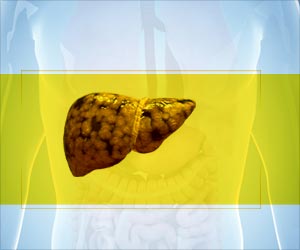- Combined metformin and insulin therapy for patients with type 2 diabetes mellitus - (https://pubmed.ncbi.nlm.nih.gov/10929918/ )
- Insulin Edema in Type 1 Diabetes Mellitus: Report of a Case and Brief Review of the Literature - (https://www.ncbi.nlm.nih.gov/pmc/articles/PMC5045534/ )
- Skin-related complications of insulin therapy: epidemiology and emerging management strategies - (https://pubmed.ncbi.nlm.nih.gov/14507228/ )
- Insulin Use in Pregnancy: An Update - (https://www.ncbi.nlm.nih.gov/pmc/articles/PMC4865394/ )
- Insulin - (https://www.ncbi.nlm.nih.gov/books/NBK560688/ )
Insulin Medication Information
Learn everything you need to know about Insulin-pronunciation, uses, dosage guidelines, indications, and when to take or avoid it.
Get up-to-date information on side effects, precautions, warnings, and proper storage to ensure safe usage.
Explore Insulin brand names commonly used in India and internationally, along with detailed pricing information. Consult your healthcare provider for tailored medical advice.
Generic Name : Insulin Pronunciation : in' su lin ICD Code : Y42.3 Therapeutic Classification : AntidiabeticsBrand Names or Trade Names of Insulin
India :
International :
Humulin R, Humulin N, Humulin 70/30, Humulin 50/50, Humulin R U-500, Novolin R, Novolin N, Novolin 70/30
Why is Insulin Prescribed? (Indications)
This medication is a hormone produced in the pancreas, prescribed for type 1 diabetes. It is also used for type 2 diabetes.When should Insulin not be taken? (Contraindications)
Hypersensitivity.What is the dosage of Insulin?
Dose is based on patient’s condition, age and response to this medication.How should Insulin be taken?
It comes as a solution for injection to be administered by a healthcare provider into the vein, large muscle or under the skin.What are the warnings and precautions for Insulin?
• Caution should be exercised in patients with history of nerve damage caused by diabetes, adrenal, pituitary gland, thyroid, liver or kidney diseases, any allergy, who are taking other medications, during pregnancy and breastfeeding.• Do not reuse needles, syringes or other materials.
What are the side effects of Insulin?
Decrease in sugar level, insulin resistance and blurred vision.What are the other precautions for Insulin?
Avoid excess dosage.What are the storage conditions for Insulin?
Store it in the refrigerator and do not freeze it.Schedule : H
Prescription drugs - Drugs to be sold only under the prescription of a Registered Medical Practitioner.
 MEDINDIA
MEDINDIA
 Email
Email




























